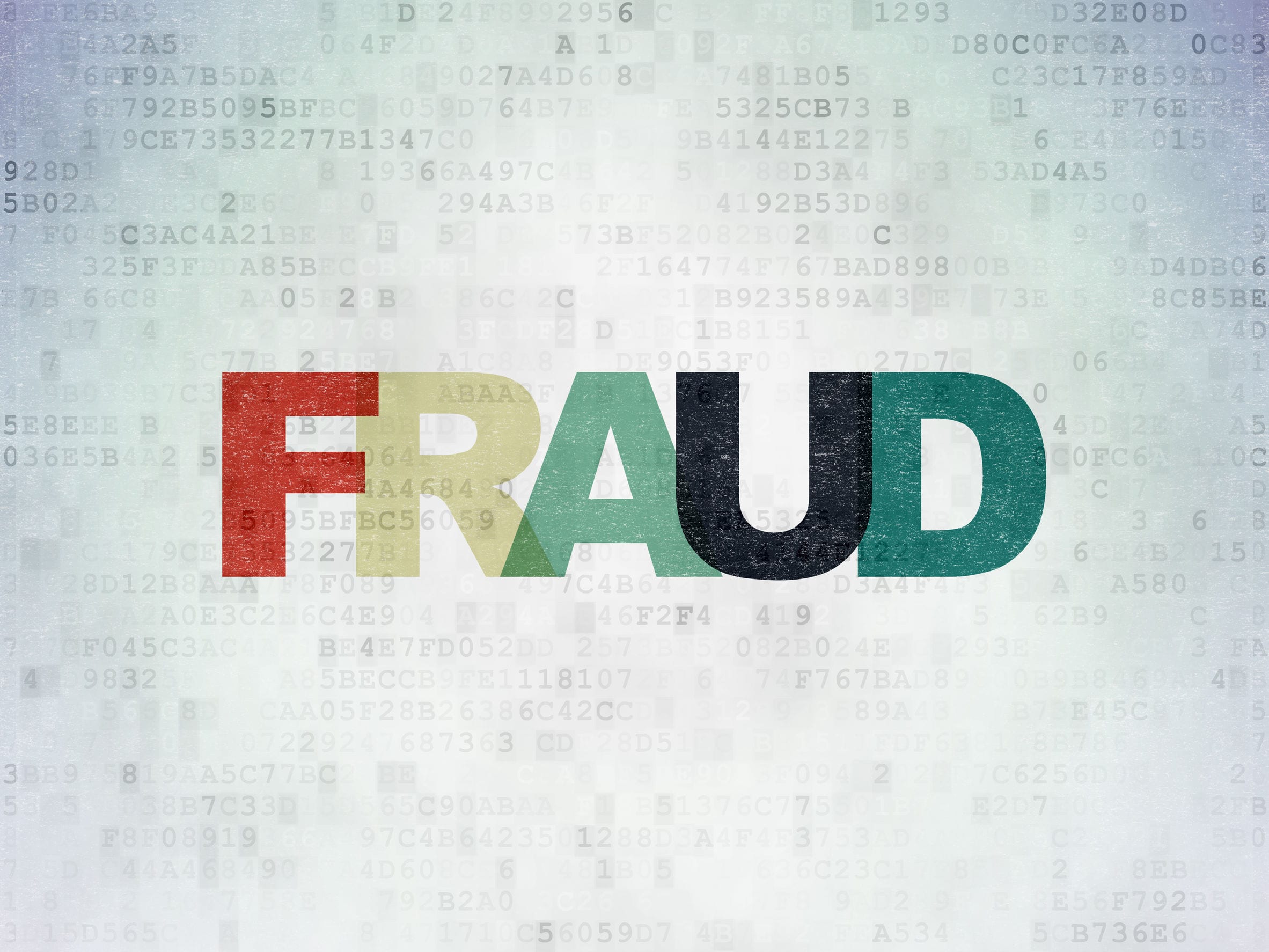- Home
- THE FIRM+
- Criminal Defense+
- CASE RESULTS
- AREAS WE SERVE+
- FAQ’s
- Blog
- Contact
AZHARI LLC BLOG

Posted By: Sami Azhari
Category:
For most of us, computers are part of daily life and, frankly, used for nearly every aspect of our personal and professional lives. Therefore, it should come as no surprise that people are increasingly using computers to commit crimes of all kinds, too.
Sometimes, the alleged perpetrators are surprising. For example, an Eastern Illinois University student was recently arrested on charges of computer fraud and theft. He is otherwise an upstanding student, as he is both a student senator for EIU and a sergeant in the US Army.
The point? Anyone can be accused of computer fraud. In fact, it’s even possible to commit some forms of computer fraud inadvertently.
Types of Computer Crimes in Illinois
The Illinois Computer Crime Prevention Law makes unauthorized use of a computer a criminal offense and breaks computer crime down into three major categories: computer tampering, aggravated computer tampering, and outright computer fraud.
Computer Tampering
This is when someone gains access to a computer, network, program or data without permission from the owner, or they create and/or distribute computer viruses.
Aggravated Computer Tampering
This pertains specifically to the government, and involves tampering with a computer with the intended effect being to (a) disrupt or interfere with vital services of the State or local government or a public utility, or (b) cause death or bodily harm to others.
Computer Fraud
The broadest charge, computer fraud encompasses all computer uses to commit any fraudulent activity. Illinois law breaks computer fraud charges down even further into more sub-categories.
Illinois Computer Fraud Defined
The Illinois Computer Crime Prevention law states that a person commits computer fraud when he or she knowingly does any of the following:
Accessing a Computer with Intent to Defraud
Illinois law says accessing a computer, a program or data, with intent to devise or execute “any scheme or artifice to defraud, or as part of a deception” is a computer fraud crime.
Damaging, Deleting, or Destroying Programs or Data Fraudulently
Anyone who obtains the use of, damages, or destroys a computer or alters, deletes, or removes any program or data contained in it is also committing computer fraud when the activity is “in connection with any scheme or artifice to defraud, or as part of a deception.”
Obtaining Money or Control in Connection with Fraudulent Schemes
When access to a computer, a program or data is gained in order to “obtain money or control over any such money, property, or services of another in connection with any scheme or artifice to defraud, or as part of a deception” a computer fraud has been committed.
Fraud Is Intentionally Misrepresenting Existing Fact
Legally speaking, fraud occurs any time the defendant intentionally misrepresents an existing fact to another in order to either induce the other party to act or to gain something of value.
Federal Computer Fraud Prosecution
Computer fraud is illegal on both the state and federal level. Computer crimes often involve the use of the internet and therefore are interstate events. This places computer fraud and other computer crimes under both state and federal jurisdictions in many cases.
Any time a crime falls under both state and federal jurisdictions, the prosecution of the case is left to the discretion of the courts. Federal courts can choose to pick up any case that falls under federal jurisdiction, in which case you would be prosecuted federally, but not by the state.
What Federal Prosecution Means
- More investigative resources, including federal agencies such as the FBI. Therefore, the evidence against you will be much stronger.
- Federal judges and prosecutors are more likely to seek the maximum possible sentence, meaning that you will most likely receive a more severe sentence if convicted federally.
- Federal inmates are not eligible for parole, meaning that you will be serving the entirety of your sentence behind bars.
Defending Yourself against IL Computer Fraud Charges
If you are accused of computer fraud, you are innocent until proven guilty. Fortunately, there are many defense strategies available that could be used to help your case:
- Illegally obtained evidence, such as by an illegal search and seizure
- An alibi proving you could not have been using your computer during the alleged offense
- No knowledge of the crime – you were not aware of the illegal use of your computer
- Accidental access, in which you did not intend to illegally access certain systems
If you find yourself facing computer fraud charges, you are not alone. However, quick and decisive action is imperative to fight back and beat the charges against you.
About the Author
Sami Azhari has been working as a lawyer since 2007, after receiving his Juris Doctor from the Michigan State University College of Law. He has handled numerous state and federal cases, and is known throughout the Chicago and Rolling Meadows area for providing his clients with high-quality, skilled representation. He has been recognized by SuperLawyers, the National Trial Lawyers Association, and other notable organizations, and has spoken at a number of legal conferences.



























































